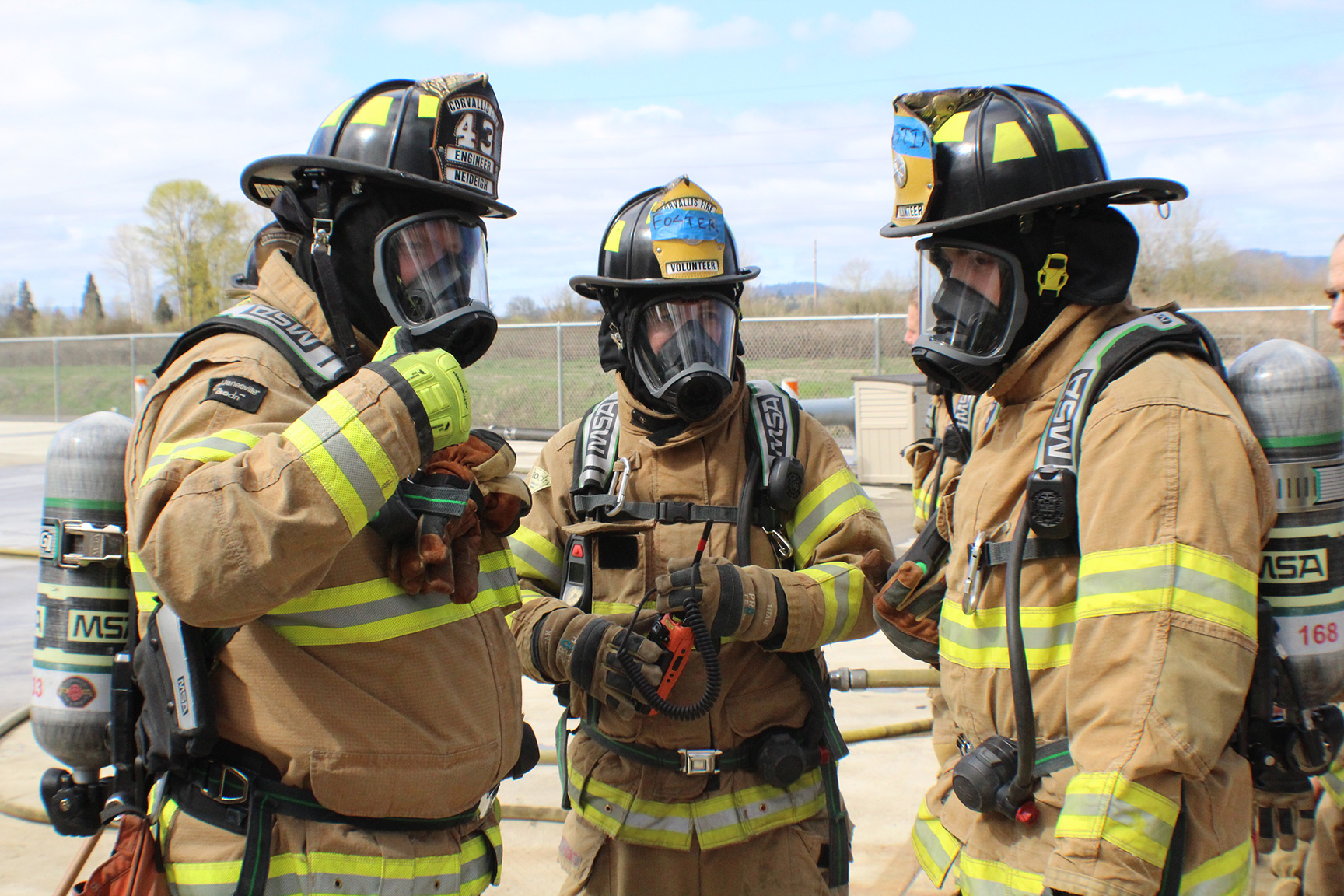Saving lives and protecting communities—it sounds heroic, and it is. A volunteer firefighter steps into situations most people would never dare, giving their time and energy to help others. They are not motivated by money or recognition. They are motivated by the belief that someone has to step up when the unthinkable happens.
Becoming a firefighter in Pennsylvania is a rewarding way to serve your community and develop valuable skills. Whether you want to join as a volunteer or pursue a full-time role, this guide will help you navigate the process, from meeting the qualifications to exploring local opportunities.
If you are serious about making a difference, this guide will show you exactly what it takes.
Are You Ready for the Commitment?
Becoming a volunteer firefighter is not a casual role. It requires dedication, effort, and a willingness to face physical and emotional demands. Before taking the first step, make sure you understand what this involves and whether you are ready to take on the challenge.
Evaluate Physical and Mental Fitness
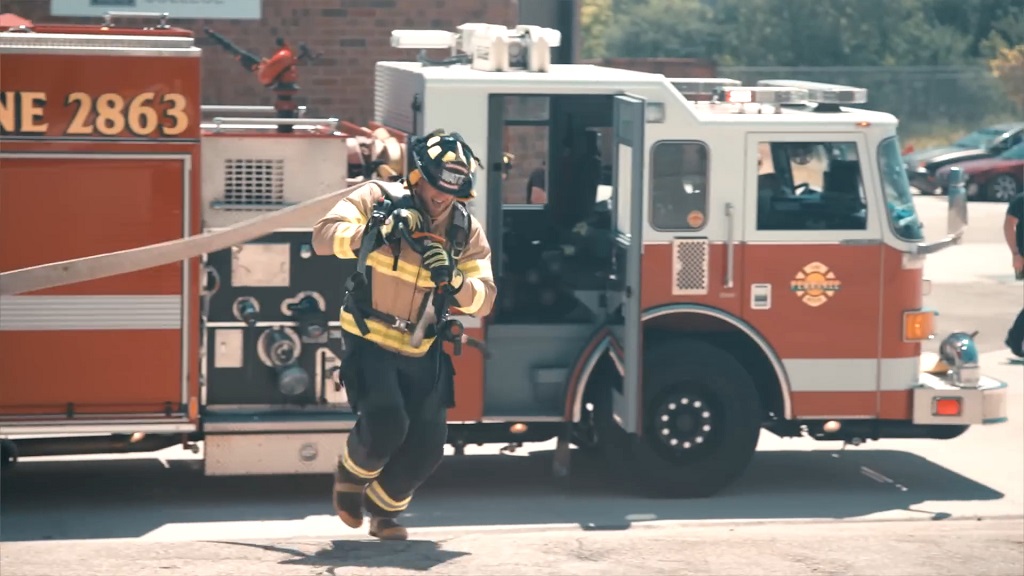
- Can you handle carrying heavy equipment or rescuing someone in danger?
- Are you ready to follow a disciplined routine to stay physically strong?
- Can you manage stress and support others during life-threatening emergencies?
Manage the Time Needed
Volunteer firefighters often need to sacrifice free time to help their communities.
- Responding to emergencies at any hour, day or night.
- Attending regular training sessions and department meetings.
- Committing to scheduled shifts or on-call hours.
Meet the Basic Requirements
To volunteer as a firefighter in Pennsylvania, you must meet certain qualifications. These requirements ensure you are prepared for the role.
General Requirements
- Be at least 18 years old (junior firefighter programs start at 14).
- Hold a high school diploma or GED.
- Pass a background check to ensure reliability and trustworthiness.
Physical and Medical Fitness
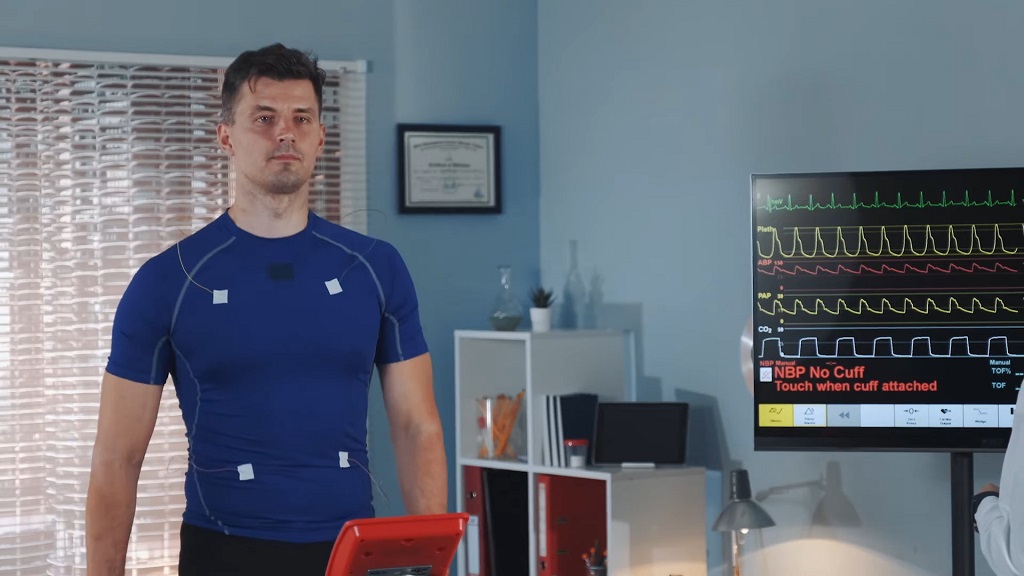
- Pass a medical evaluation to confirm you are healthy enough for the role.
- Complete a physical fitness test to demonstrate strength and endurance.
Driver’s License
- A valid Pennsylvania driver’s license is typically required.
How to Contact Your Local Fire Department in Pennsylvania?
Reaching out to your local fire department is the first actionable step toward becoming a volunteer firefighter. It is not just about making a phone call—it is about understanding their requirements, learning about the role, and showing genuine interest.
Find the Right Department
Start by identifying the fire department closest to your location. If your town does not have one, look into nearby areas. Ensure they accept volunteers and meet these basic requirements:
- Residency: Many departments require volunteers to live within a specific distance.
- Age: Confirm if you meet their minimum age criteria.
Use the non-emergency contact number to avoid disrupting active operations.
Questions to Ask
When you make contact, prepare thoughtful questions to gather the right information:
- Does the department currently need volunteers?
- What are the qualifications and requirements for joining?
- Are there specific time commitments I need to meet?
- Does the department provide equipment and uniforms?
- What does their training program include?
Visit the Fire Station
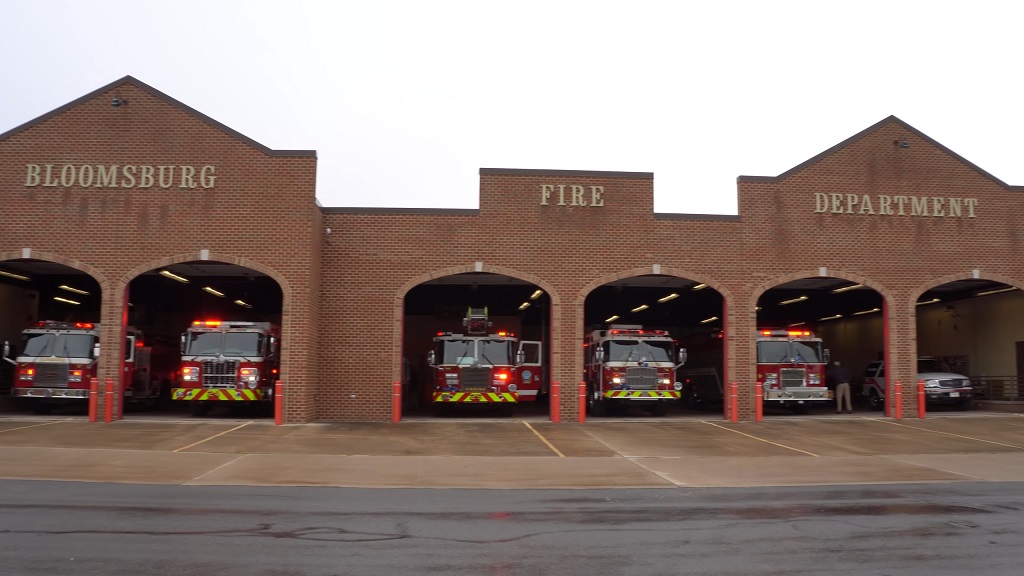
Some departments allow potential volunteers to visit and observe daily operations.
This is a great opportunity to:
- Tour the station and familiarize yourself with the environment.
- Meet experienced firefighters and learn about their experiences.
- Ask about ride-along opportunities to see the job in action.
Build a Strong First Impression
- Show enthusiasm and respect for their work.
- Dress appropriately and be punctual for any scheduled meetings.
- Demonstrate your willingness to contribute and learn.
Residency Rules
Some departments require volunteers to live within a specific distance of the fire station to respond quickly during emergencies. Be prepared to provide proof of address if needed.
Prepare Documentation
When you meet the basic requirements, gather the following documents to streamline your application:
- Identification (driver’s license or state-issued ID)
- Proof of education (diploma or GED certificate)
- Any relevant certifications (CPR, EMT, or first aid, if applicable)
Get Started in Pennsylvania
There are several ways to begin your journey as a volunteer firefighter in Pennsylvania.
Volunteer Fire Departments
Fire departments across the state offer opportunities for people with varying skills and interests. Roles include:
- Responding to emergencies such as fires, car accidents, and rescues.
- Supporting community outreach, social media, and public events.
- Assisting with administrative tasks like bookkeeping and fundraising.
Junior Firefighter Programs
For those under 18, junior firefighter programs are a great way to get involved early. Participants receive training, mentorship, and the chance to contribute in non-hazardous ways while preparing for a full role in the future.
How to Connect with a Department
- Visit Make Me A Firefighter to find opportunities near you.
- Call or visit your local fire department to express your interest.
- Follow your local department on social media for updates on volunteer openings.
Prepare for the Interview
If your application is approved, you will likely be invited to an interview. This is your chance to demonstrate your dedication and readiness. Common questions may include:
- Why do you want to volunteer as a firefighter?
- How do you handle stressful or high-pressure situations?
- Can you describe a time when you worked effectively in a team?
- What steps do you take to stay physically fit?
Demonstrate Your Commitment

Throughout the screening process, show your dedication by:
- Responding promptly to department communications.
- Arriving on time for appointments and interviews.
- Remaining honest and transparent about your abilities and limitations.
Complete Training as a Volunteer Firefighter
Pennsylvania fire departments provide necessary training for volunteers, often at no cost. This ensures you are ready to handle emergencies safely and effectively.
Types of Training You Will Receive
Fire departments provide comprehensive programs to prepare volunteers.
Common areas include:
- Fire Suppression: Learn techniques to contain and extinguish fires safely using hoses, ladders, and other equipment.
- Rescue Operations: Understand how to locate and evacuate people from hazardous situations, including burning buildings and car accidents.
- Emergency Medical Skills: Gain knowledge of basic first aid and CPR to provide immediate care to injured individuals.
- Hazardous Materials Handling: Learn how to identify and manage dangerous substances, such as chemicals or flammable liquids.
- Vehicle Operations: Train to assist with or operate emergency vehicles, including fire trucks and rescue units.
Certifications You May Need
- Firefighter I Certification: A basic qualification covering fire suppression, safety protocols, and equipment use.
- CPR and First Aid Certification: Essential for providing medical assistance during emergencies.
- Emergency Medical Technician (EMT): Some departments encourage this certification for advanced medical care.
Check with your local fire department for specific requirements.
Time Commitment for Training
- Initial Training: Between 100 and 300 hours, typically spread over several months.
- Ongoing Education: Regular sessions to refresh skills, learn new techniques, and stay updated on industry standards.
Face Common Challenges and Overcome Them
Volunteer firefighting is not without its difficulties. From physical demands to emotional strain, the role can test your limits. Understanding these challenges and knowing how to address them will prepare you for the realities of the job.
Physical Demands
Firefighting is physically intense and requires strength and stamina.
- Carry heavy hoses, tools, and equipment.
- Lift and rescue individuals during emergencies.
- Work long hours in extreme conditions, such as heat, smoke, and confined spaces.
How to Overcome?
- Follow a regular fitness routine that focuses on strength, endurance, and flexibility.
- Stay hydrated and eat balanced meals to maintain energy levels.
- Practice proper lifting techniques to avoid injury.
Emotional Stress
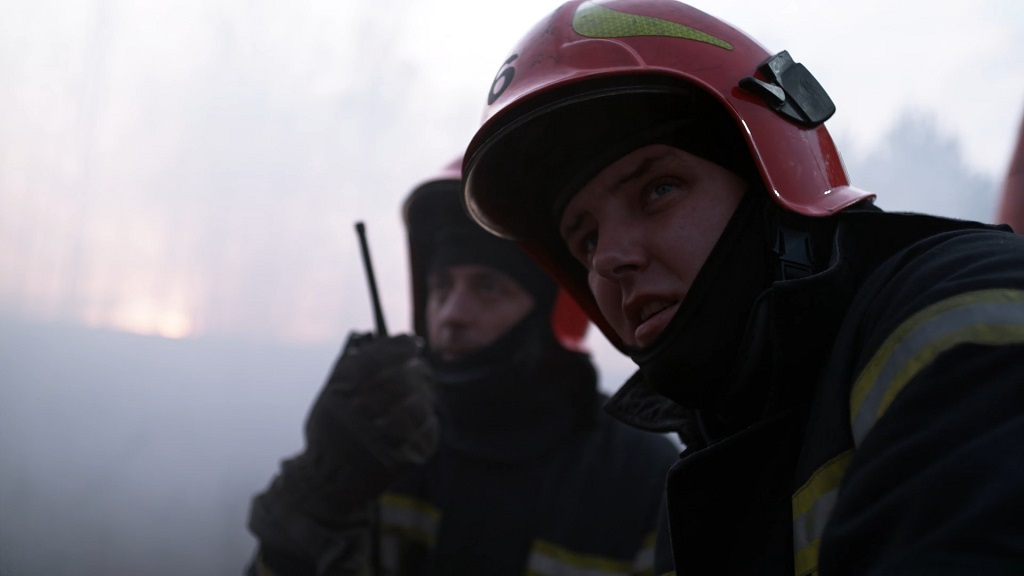
Witnessing emergencies can take an emotional toll.
- High-stress situations where lives are at risk.
- Traumatic events, including injuries or fatalities.
- Frustration from balancing your volunteer role with personal responsibilities.
How to Overcome?
- Seek support from fellow firefighters who understand what you are experiencing.
- Use department resources, such as counseling or peer support programs.
- Take time for self-care and talk to trusted friends or family members.
Time Constraints
Volunteering demands time and flexibility, which can conflict with your job or personal commitments. Being on-call means you may have to drop everything for an emergency.
How to Overcome?
- Discuss your role with your employer and loved ones to set expectations.
- Use a planner to organize your schedule and plan ahead for busy periods.
- Communicate with your fire department if you need to adjust your availability.
Managing Relationships
Firefighting is a team effort, and conflicts can arise within the department or with family members who may feel neglected.
How to Overcome?
- Communicate openly with colleagues to address issues and maintain strong teamwork.
- Show appreciation to your loved ones for their support and involve them in your journey.
- Practice active listening and empathy to strengthen your relationships.
Benefits of Being a Volunteer Firefighter
Volunteer firefighters in Pennsylvania enjoy a wide range of personal, professional, and financial benefits:
Personal Fulfillment
Few experiences compare to saving lives and protecting your community. As a volunteer firefighter, you can:
- Make a real difference in emergencies where every second counts.
- Build strong connections with fellow firefighters who often become lifelong friends.
- Gain a deep sense of purpose and pride in your ability to help others.
Skills That Carry Over
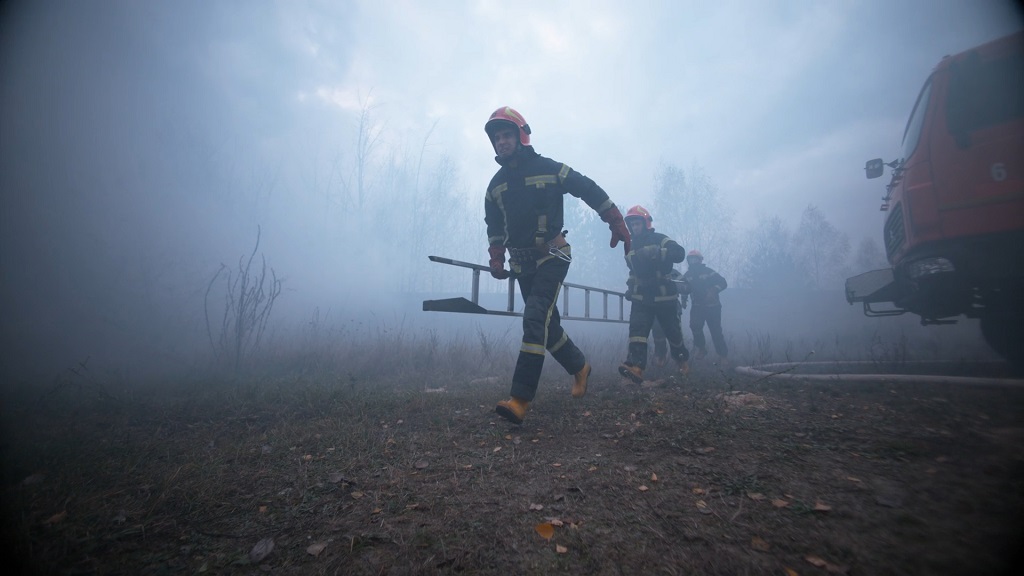
Volunteer firefighting equips you with practical and transferable skills, including:
- Problem-solving under pressure.
- Leadership and teamwork in critical situations.
- Physical and mental resilience.
- Emergency medical response techniques.
These skills can be valuable in your personal life or any professional career.
Access to Training and Certifications
Departments often provide free or subsidized training, allowing you to:
- Learn advanced firefighting and rescue techniques.
- Obtain certifications in CPR, EMT, or hazardous materials response.
- Participate in ongoing education to refine your skills and stay current with new practices.
Financial and Career Benefits
Although volunteer firefighters are unpaid, there are financial incentives and career-building opportunities:
- Tax Credits: Many states offer tax benefits to volunteers.
- Retirement Plans: Some departments provide retirement benefits based on years of service.
- Tuition Assistance: Scholarships or tuition reimbursement programs may be available for higher education.
Volunteer work also strengthens your resume, demonstrating leadership, dedication, and community involvement—qualities valued in many fields.
Community Impact
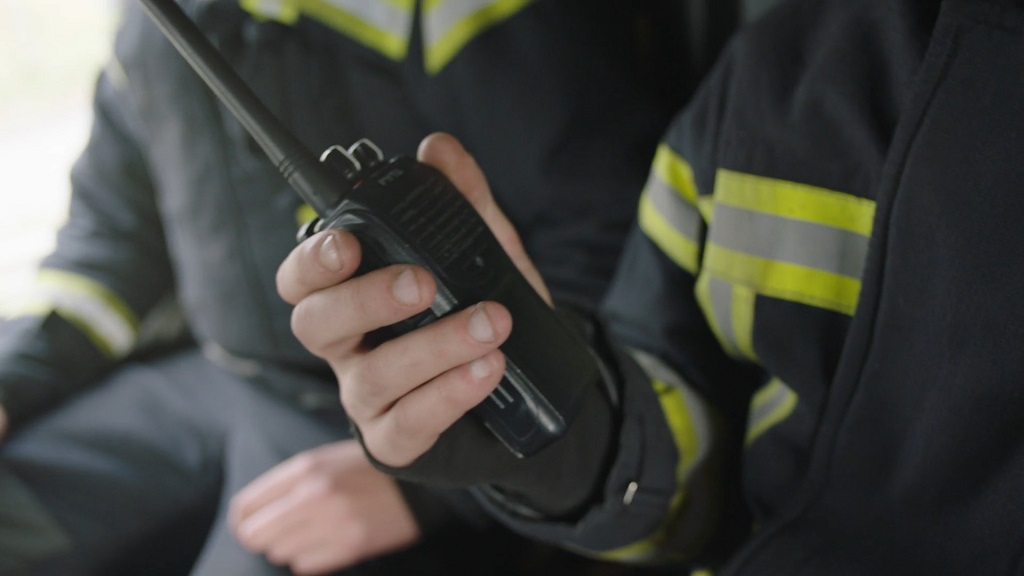
As a volunteer firefighter, you are a visible and vital part of your community. You:
- Help your neighbors in their most vulnerable moments.
- Educate the public on fire safety and prevention.
- Inspire others to step up and contribute in meaningful ways.
FAQs
Do Volunteer Firefighters Get Paid?
Most volunteer firefighters do not receive regular pay, but some departments offer small stipends, reimbursements for expenses like gas, or tax incentives. It depends on the policies of the specific department.
How Long Does It Take to Become a Volunteer Firefighter?
The time required depends on the department’s training and certification requirements. Initial training can take 100 to 300 hours, often spread over several months, along with additional time for ongoing education.
Can Volunteer Firefighters Advance to Full-Time Positions?
Yes, many volunteer firefighters use the experience and training as a stepping stone to paid positions. Demonstrating dedication and gaining certifications like Firefighter I or EMT can improve your chances of transitioning to a career role.
Are There Age Limits for Volunteer Firefighters?
While the minimum age is typically 18, there is often no maximum age limit as long as you meet the physical and medical requirements. Some departments may allow junior programs for younger applicants.
Do Volunteer Firefighters Need to Have Prior Experience?
No prior experience is required. Departments provide training to prepare volunteers for the role. However, having certifications like CPR or EMT can be an advantage during the application process.
Final Thoughts
Becoming a volunteer firefighter is not just about wearing a uniform or responding to emergencies—it is about stepping up when your community needs you most. The journey requires dedication, strength, and a willingness to learn, but the rewards far outweigh the challenges.
From the friendships you build with fellow firefighters to the lives you touch during emergencies, the experience shapes you in ways few other roles can. It is not just a commitment; it is a calling to make a real difference in the world around you.
If you are ready to meet the challenges, take the first step today. Your community is waiting for someone like you to make a stand when it matters most. Let this guide be your foundation, and let your actions define what it means to serve selflessly.
